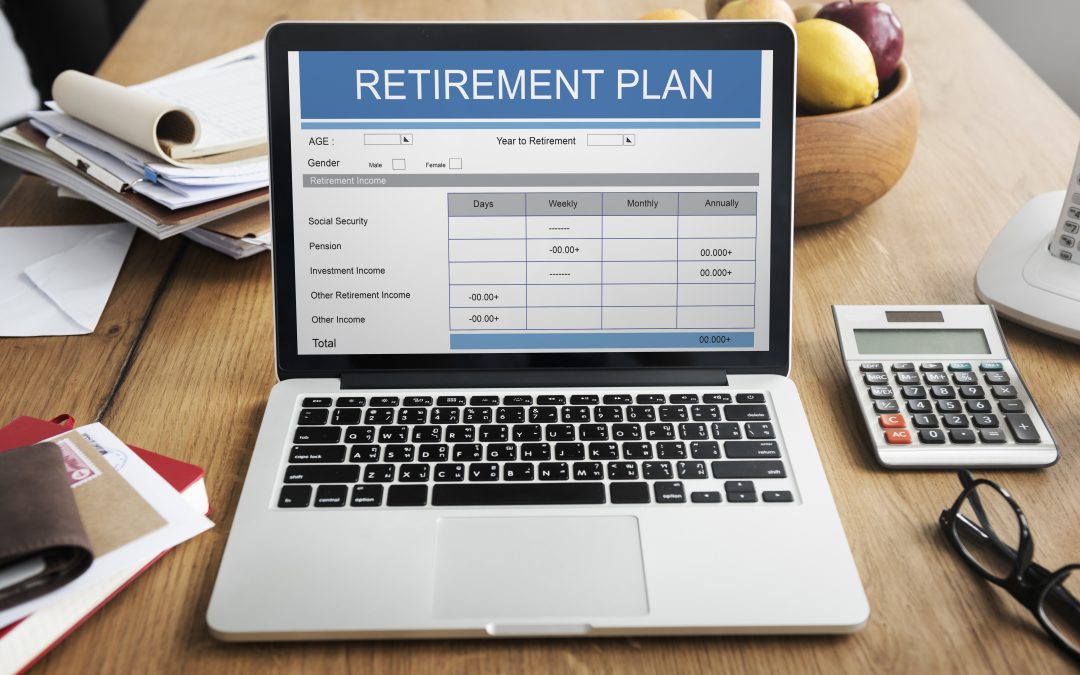Pensions in divorce can be a complex and stressful issue to navigate during a divorce proceeding. The fate of your retirement savings or pension plan may be one of the many concerns you have during your divorce proceeding. If you’ve been able to save money through your employment and want to continue working until retirement, you may be concerned about how this money would be divided following a divorce.
In other words, a pension is a sum of money that can be used in the future as a retirement fund. In the event of a divorce in the state of California, your pension plan must be subject to division. The judge may decide it necessary to issue a pension-sharing order so that you and your ex-spouse can divide this fund.
It’s important to understand how this works so that you can make informed decisions about what happens to your retirement savings or pensions in divorce. If you’re in the midst of a divorce, here’s how you can best safeguard your pension.
Review Your State Laws
Due to the fact that pension division is not an automatic process, it is essential to be aware of the rules applicable to your state. Before the divorce is finalized, your ex-spouse might file a document called a “Qualified Domestic Relations Order” with a request to divide any assets accumulated during the marriage.
Typically, both spouses are entitled to exactly half of the pension in question. But the spouse to whom the pension was not issued is only entitled to the portion of it that was issued during the marriage.
Consult Your Pension Plan
After getting familiar with your state laws, it’s time to take a closer look at your pension itself. The two key elements you must keep in mind are:
- verifying the method by that payments are distributed
- whether or not the plan offers a survivor’s benefit
Pensions typically offer the option of receiving a lump sum payment or a monthly annuity; if you choose the annuity and your plan offers a single-life payout, payments will stop upon your death; however, if your plan offers a joint-life payout, payments will continue for the surviving spouse.
Knowing how your plan works is important because it affects the way that you’ll divide your pension in divorce. Each divorce includes some form of financial settlement, which is something you must take into account.
Financial Settlement Orders
A financial settlement can help safeguard your financial assets, such as your pension. This can be especially useful if you have reached retirement age but still need to protect your wealth. The agreement will include details about what has happened, what compensation is owed, how much time it will take for payment (if any), and how long it will take for the money to be transferred into an account that you control.
Obtaining a financial settlement that is fair for both parties and court-approved prevents your ex-spouse from making another pension claim during and after a divorce, thereby protecting your financial assets.
In this type of financial settlement situation, the assistance of a seasoned financial expert can aid in reaching a mutually beneficial agreement.
Offer an Alternative
Pension offsetting is an alternative that can be a great way to protect your pension in divorce. This means that you or your ex-spouse receive the pension in exchange for other assets of equal value, such as real estate or financial investments.
Simply put, if you do not wish to give your ex-spouse half of your pension, you may consider offering other assets. For instance, allowing your ex-spouse to keep the mortgage-free marital home or purchasing a life insurance policy and naming your ex-spouse as the beneficiary.
It can also be beneficial if your spouse has a pension to protect as well. You two may agree to hold onto your respective pensions and walk away with what you already have.
Before you use the pension offsetting option, it is important for you to consider the other side of this alternative. While pensions can be an important source of income in retirement, they are not as valuable as other assets because they can only be accessed when you reach the age of 55. Moreover, pensions are taxable when withdrawn, thus decreasing their value in relation to other assets like property.
Talk to a Professional
These strategies can help you safeguard your finances and ensure that your divorce will not result in a financial loss. During divorce proceedings, it is always advisable to seek the advice of a professional, such as a CDFA (certified divorce financial analyst). They can be beneficial to you and your finances.
Need help getting through the challenging aspects of divorce? We can help! The Certified Public Accountants (CPAs) at Miod and Company can navigate you through the complexities of safeguarding pensions in divorce. Schedule a free consultation to find out how we can help.
